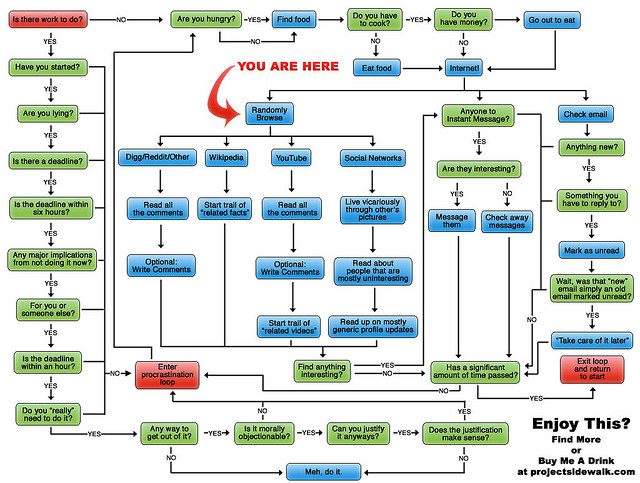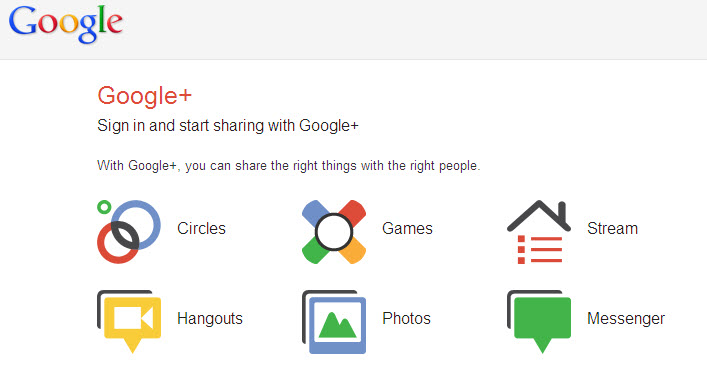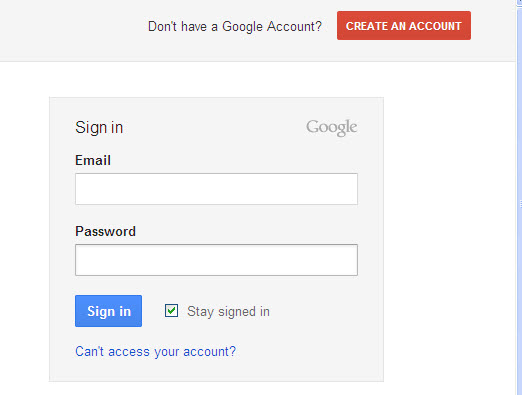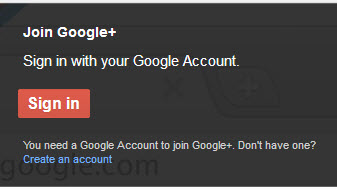
I’ve been reflecting on how focus has helped me to improve productivity with respect to blogging. Over the last 3 months, I have written 80 blog posts for my Small Business Odyssey blog (from 400 to 1000+ words each), while in the previous three months I wrote only one blog post. This improved productivity is the result of focus.
One of my early posts on this blog was about the benefits of focus for small business marketing. In this current blog post, I want to discuss how focus improves productivity – as it has obviously done for me with regard to blogging.
[Photo credit: Close Focus Lens by SqueakyMarmot]
7 ways to improve productivity through focus
There is no doubt in my mind that focus was one of the key means that helped me to improve productivity. In reflecting on this, I identified 7 key ways focus contributed to my productivity improvement:
1. Focus builds momentum
Early definitions of ‘momentum’ described it as ‘the power residing in a moving object’. You know yourself that once you get a heavy object moving, it gains momentum and is a lot easier to push (e.g. trying to push a broken-down car). For me, momentum is the key benefit of focus. Once I decided that I would focus on writing a blog about small business marketing, I began to overcome the resistances (the heavy objects) that were residing in me – the barriers to productivity. Once I started writing blog posts with my new-found focus, I began to gain momentum – writing blog posts became easier and I looked forward to writing them.
2. Focus is motivational
Once you become focused, you start to achieve things that seemed impossible before. You become more disciplined, avoid distractions and build sound habits that help to improve productivity. The sense of achievement you gain is motivational – it provides the intrinsic reward, a sense of satisfaction, that keeps you going. Extrinsic rewards, in the form of increased traffic and revenue usually follow, but it is the inner sense of achieving a worthwhile goal that provides the initial impetus. Focus enables you to gain this sense of achievement and the resultant motivation that leads to improved productivity.
3. Focus channels energy
Focus brings an alignment of your energies (mental, physical, emotional) so that you are able to pursue a single goal or direction with increasing energy. You know yourself that a lack of focus dissipates energy – you are ‘all over the place’. Focus, on the other hand, results in harnessing energy towards a single goal. I think of the analogy of using a magnifying glass to focus the energy of the sun’s rays to burn a hole in a piece of paper (as we used to do as kids). The sun’s energy is there all the time, but it is unfocused unless you capture it with a magnifying glass (or nowadays with solar panels to produce electricity). It is the focus (or the focusing instrument) that channels and concentrates energy. This channelled energy helps you, in turn, to improve productivity.
4. Focus creates a new significance
Lou Tice, famous organizational psychologist, used to talk about the power of organization vision to ‘create a new significance’ – visioning is about focusing on a desired future state that you want to work towards achieving. He explained that the process of visioning, focusing of some desired future, activates a part of the brain called the RAS (reticular activating system) which is responsible for arousal and activating the conscious mind. So, for example, you may be driving to work in a ‘mindless state’, almost on remote control. Then suddenly you see the rear lights of the car in front of you turn read (the brake light). It is the RAS that tells your body to take evasive action (your brain has recognised the significance of the red light – you are going to crash if you don’t stop or swerve away). TheRAS brings you back to a heightened state of consciousness. And so it is with focus in any arena of life, especially in small business marketing. The consequence is that you start to see things you did not notice before, new resources come to your attention, and you recognise new resource people – your brain has created a new significance around your focus and this new consciousness helps you to improve your productivity because you become better resourced and informed.
5. Focus attracts productive people to you
Other people value focus because it demonstrates commitment and achievement – a goal that many people aspire to but cannot achieve. People who have achieved in life are attracted to other productive people and recognise their expertise. Here’s a simple example from my own experience. I decided a few years ago to spend a year acquiring expertise in Squidoo and eventually attained the level of Giant Squid100 (100 excellent Squidoo lenses determined by Squidoo itself). This enabled me to write many blog posts about Squidoo and create an e-book on Squidoo Marketing Strategies which I sold via Paypal. As my expertise developed I came to the attention of Mari Smith, Facebook expert, who asked me to run a webinar for her on Squidoo for her Social Media Certification Course. This gave me increased exposure and access to resources and contributed substantially to my visibility, branding, motivation and productivity. Mari is a great example of how focus attracts others, builds expertise and increases personal productivity.
6. Focus improves efficiency
Efficiency is about achieving more in less time – the hallmark of productive people. With focus you are able to avoid distractions and use your time better. You can overcome information overload because your focus gives you the basis for ignoring, or attending to, the endless bits of information that you are bombarded with. You can sift through information quickly and attend to only those things that further your goal (your primary focus). As you become more time efficient through your focus, you improve your productivity in terms of achieving your goal.
7. Focus taps emotional energy
It is very difficult to sustain a focus unless there is some emotional attachment to the goal underlying your focus. So in my case, the focus on small business marketing contributes to two key goals of mine – the promotion of my own HR consultancy business and the development of a future stream of revenue when I wind down from running workshops. I have a very strong, emotional commitment to both these goals which are interrelated and intertwined. This enables me to tap into the emotional energy involved in my focus and to improve my productivity. The positive emotional energy sustains me when the going gets hard – writer’s block, downtime on my computer, the pressures of my offline business and illness. A key lesson here is to align your focus with a goal you find emotionally energizing and your focus will help you to sustain and improve your productivity.
For further information on ways to enjoy the benefits of focus and learn to improve productivity in your small business marketing, subscribe to my free e-course on how to be productive.











